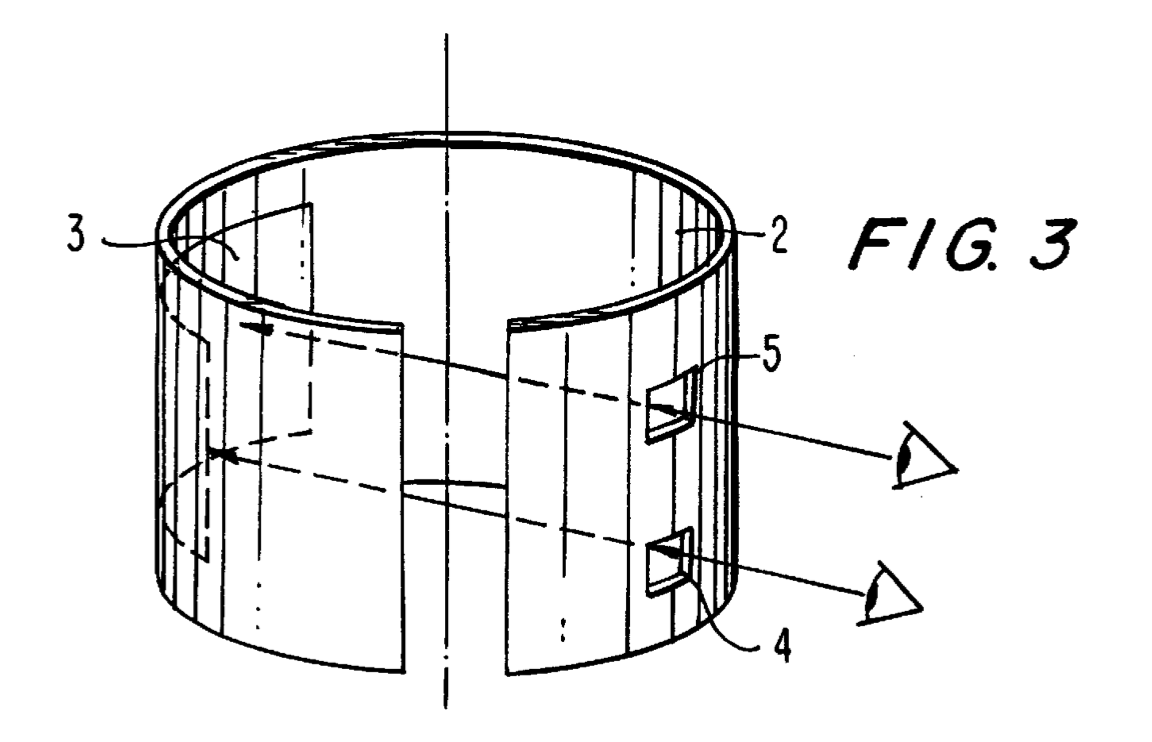You want to pitch your invention to a company. Sure, its possible they won’t sign your Nondisclosure Agreement (NDA) because they want to steal your invention. But, how could they want to steal your invention if they know little or nothing about it?
Even if they know a little about the general subject area and are interested in learning more, there may be a less nefarious reason they won’t sign the NDA. And that reason arises from the old saying “the left hand doesn’t know what the right hand is doing.”
If you approach a larger company, the person or department you are talking to might not know what another person or department in the company is doing or has done in a particular technology space.
The left-hand-right-hand-saying above is generally a criticism (except in the biblical sense), but its not necessarily that the corporation is disorganized. It may simply be that the corporation does not want to deal with the administrative hassle of surveying the whole company every time an invention is submitted to determine whether someone or some part within the company is already working on this invention or has in the past.
Some companies will require that you have a patent application filed or a patent issued before they will talk to you. Why should the company take on the surveying hassle, particularly when they don’t even know enough about your idea to know whether they will like it? Some won’t and its not necessarily because they want to steal your idea. It is because they want to protect themselves from you accusing them of stealing the invention when they actually had it before they talked to you or received it independent of you.
Consider the case of Penalty Kick Management v. Coca-Cola Company, 318 F.3d 1284 (11th Cir. 2003). Penalty Kick Management (PKM) developed a beverage label marketing and production process known as “Magic Windows.” Magic Windows consisted of “a scrambled message on the inside of a beverage container label which could be decoded and read only after the beverage container was emptied. The message would be read through a colored filter printed on a label on the opposite side of the container, directly across from the coded message.”

PKM wanted to license Magic Windows to Coca-Cola. The parties entered into a Non-Disclosure Agreement and PKM disclosed Magic Windows to Coca-Cola. Coca-Cola proposed to pay PKM $1 million plus a per label royalty for an exclusive global license. But, Coca-Cola did not enter into a license with PKM because Coca-Cola undertook an intellectual property review (a patent search) of the Magic Windows invention and determined that the Magic Windows invention was in the public domain.
Coca-Cola subsequently used the label in an Argentinian marketing promotion. And PKM sued for breach of the NDA, among other things.
However, Coca-Cola was able to show that in the same month it was talking to PKM, it asked another company, BrightHouse, to create a promotion for the upcoming 1996 NFL season. There was no indication that Coca-Cola gave Brighthouse PKM’s information. One of the ideas that BrightHouse subsequently presented was a Magic-Windows-like concept. Therefore, Coca-Cola received the invention independently from Brighthouse. Later, it received a magic-windows-like concept from ITW, Coca-Cola’s regular label printer, without the use of any of PKM’s information.
The NDA excluded information that was (1) “is rightfully received from a third party” or (2)Â Coca-Cola could “establish was subsequently developed independently by [Coca-Cola or its subsidiaries or affiliates] independently of any disclosure” by PKM, or (3) in the public domain. The court concluded that all three of these exceptions applied so that the NDA did not cover PKM’s Magic Window invention.
One can see how PKM–from the outside in the beginning–might think that Coca-Cola stole PKM’s invention. And companies that refuse to sign an NDA might simply not want to deal with such claims.
One Reply to “Why They Won’t Sign Your Nondisclosure Agreement”
Comments are closed.